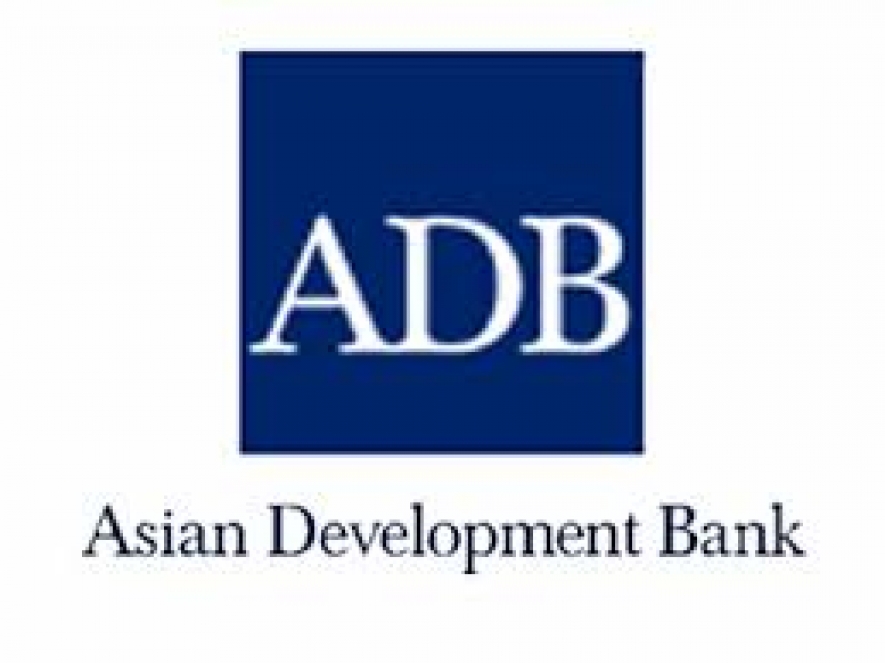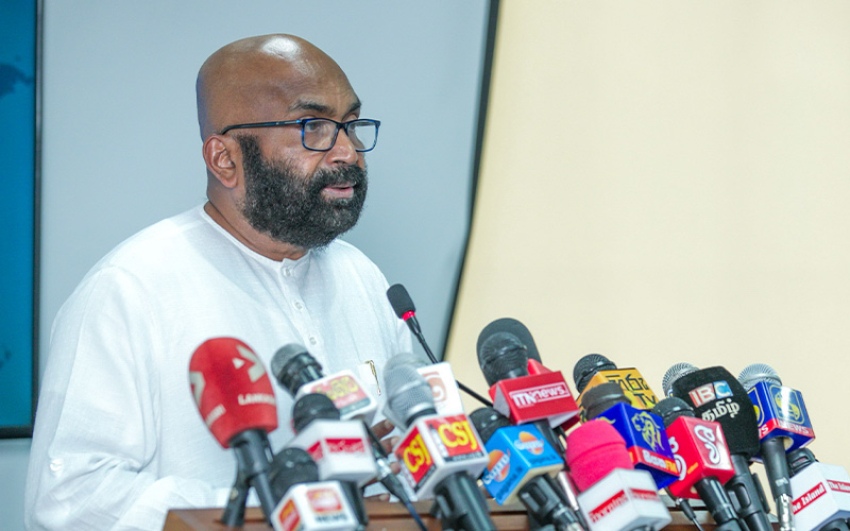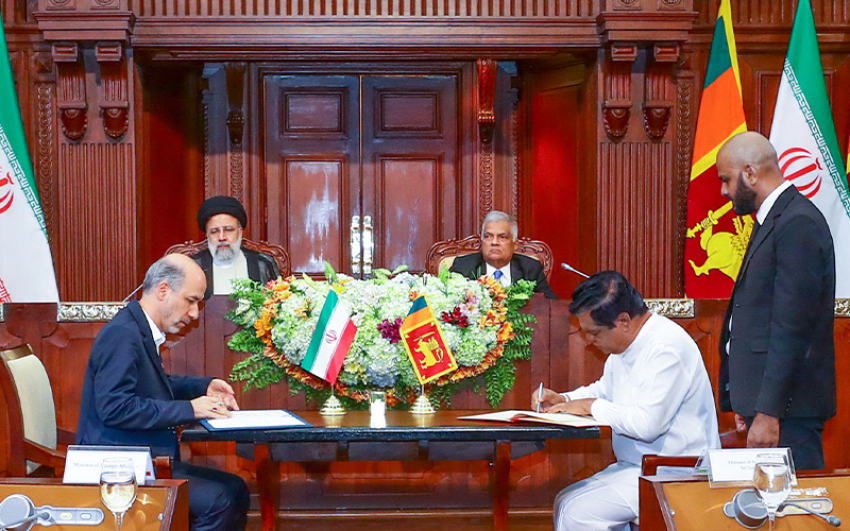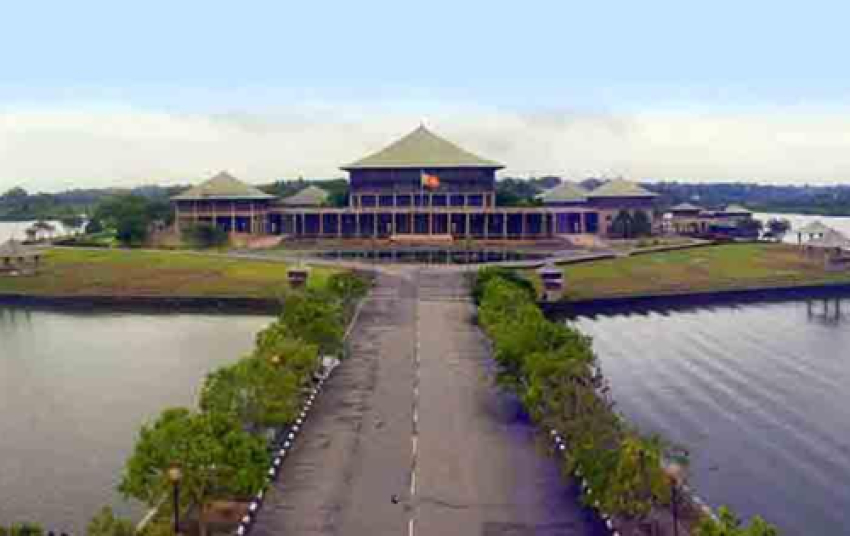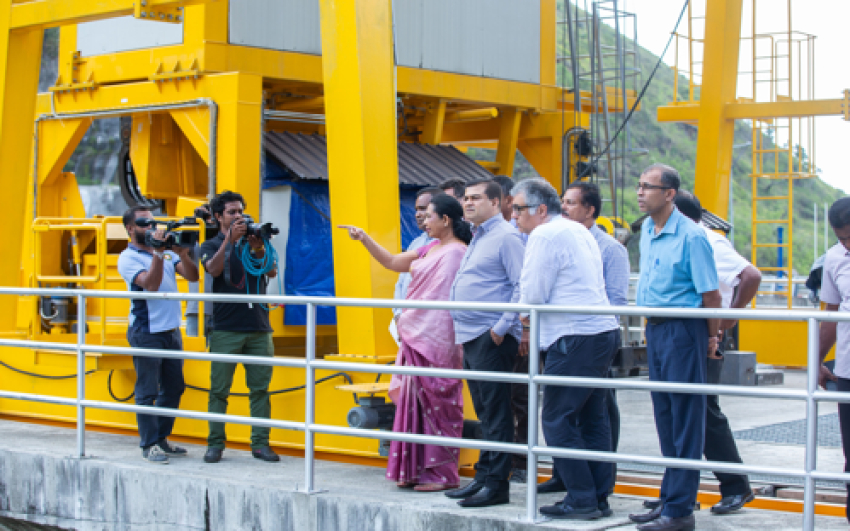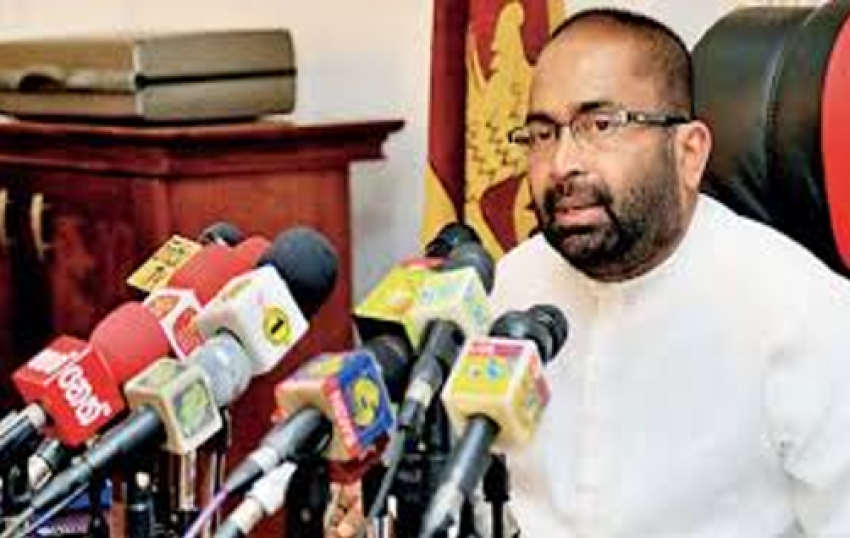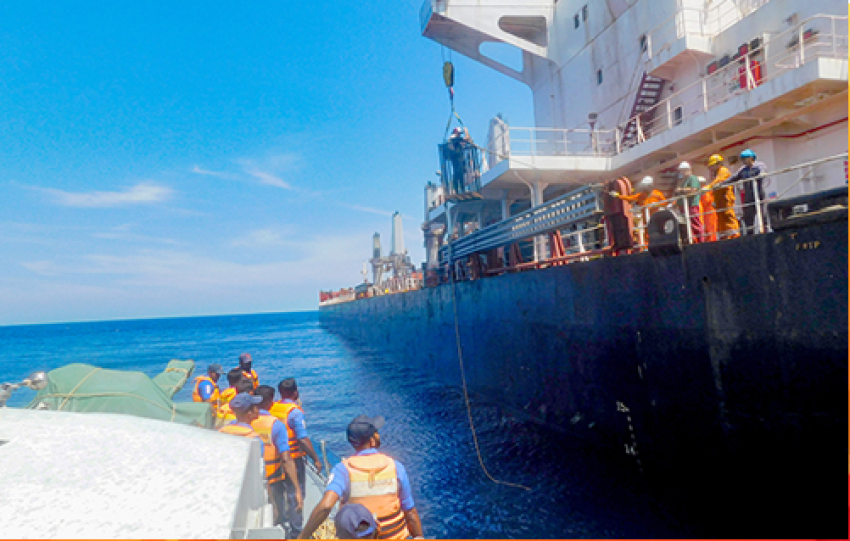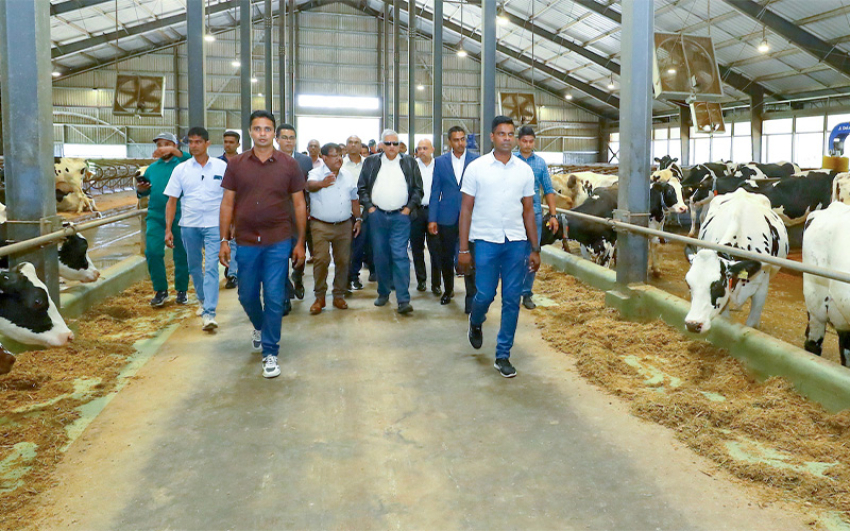ADB’s flagship annual economic publication, Asian Development Outlook 2015 (ADO), forecasts gross domestic product (GDP) growth to dip to 7.0% in 2015 from 7.4% in 2014, before recovering to 7.3% in 2016.
“The composition of GDP is likely to see a shift from investment to consumption in 2015,” said Tadateru Hayashi ADB’s Senior Country Economist for Sri Lanka. “Price reductions of food and fuel will encourage private consumption and a shift towards recurrent expenditure in the budget will increase government consumption.”
In 2014, low inflation and low interest rates supported a recovery in domestic investment on top of strong external demand. Faster growth in construction and export-oriented apparels lifted the industry sector, while the upward trend in services was driven by wholesale and retail trade, hotels and restaurants, and cargo handling. The improving global economy contributed to higher tourist arrivals and a better trade performance.
Inflation is expected to remain low in 2015 supported by a series of cuts in fuel prices at the end of 2014 and January 2015, which flow through into reduced prices of other goods and services. In addition, tax reductions announced in the government’s interim budget on several essential items will also contribute to lower prices. The annual average inflation rate is expected to dip to 2.0% in 2015, before rising to 5.0% in 2016.
Exports are expected to strengthen in 2015 and 2016 as the economies of Sri Lanka’s trading partners pick up pace. Imports are expected to rise overall, although lower investment by the government and private sector may slow imports of investment goods this year.
The current account deficit for 2015 is projected at 1.4% of GDP, increasing marginally to 1.5% in 2016 as international prices rise and domestic investment picks up.
With GDP per capita estimated at around $3,700 in 2014, Sri Lanka is on the cusp of gaining upper middle income country status. As such, the report says, policymakers should adjust their development strategy to focus on innovation. Higher skills and tertiary education which meet market needs for a knowledge economy should be emphasized.
ADB, based in Manila, is dedicated to reducing poverty in Asia and the Pacific through inclusive economic growth, environmentally sustainable growth, and regional integration. Established in 1966, it is owned by 67 members – 48 from the region.

